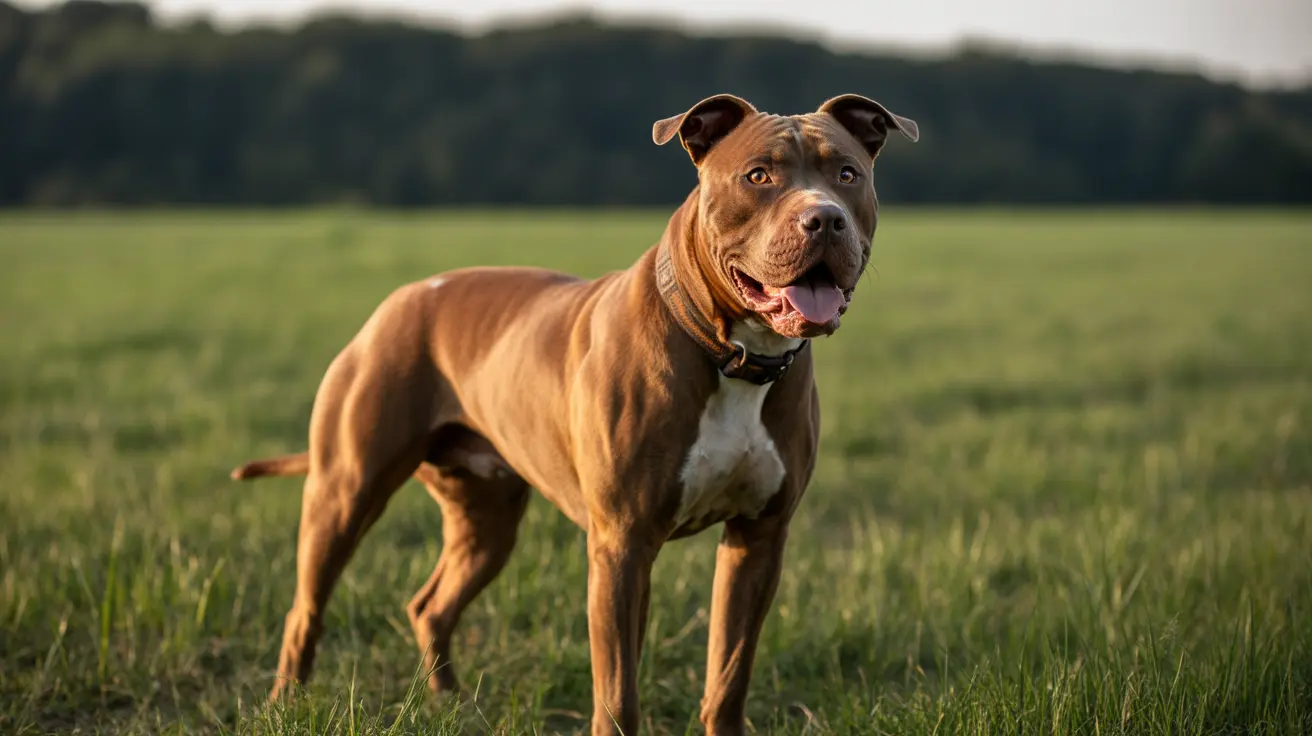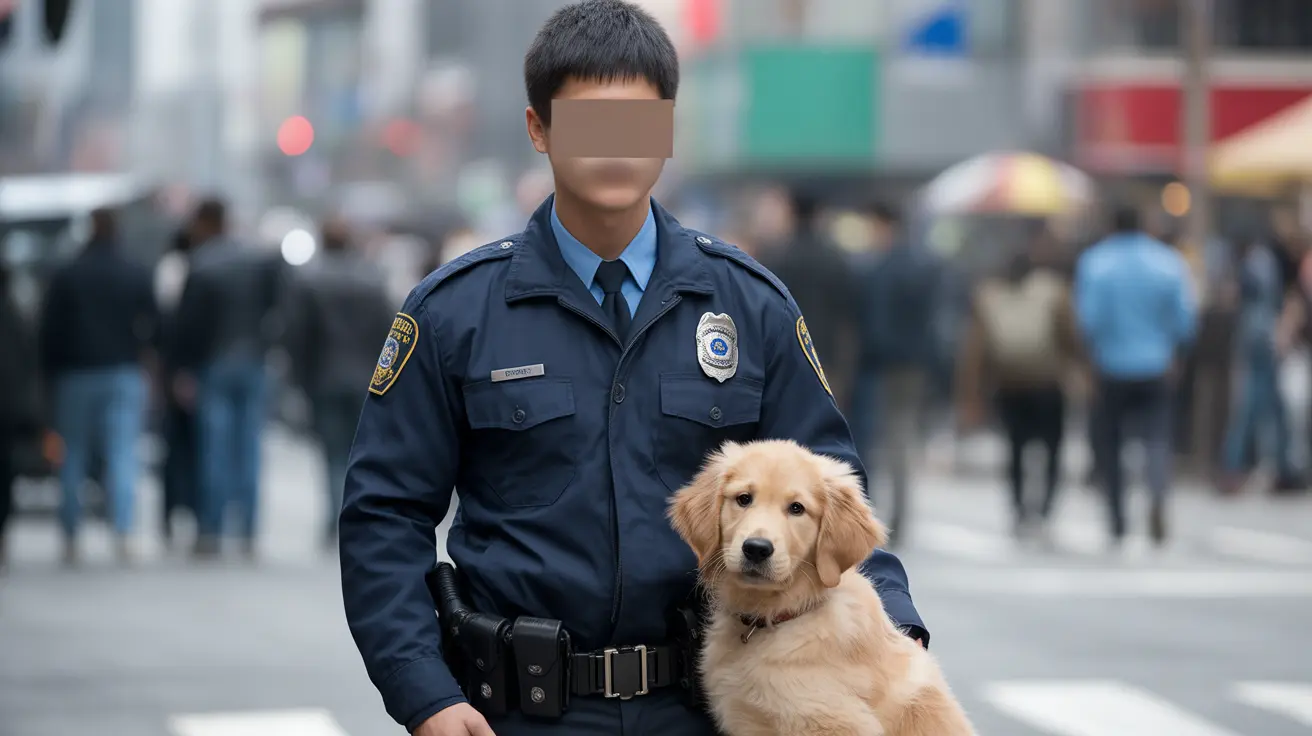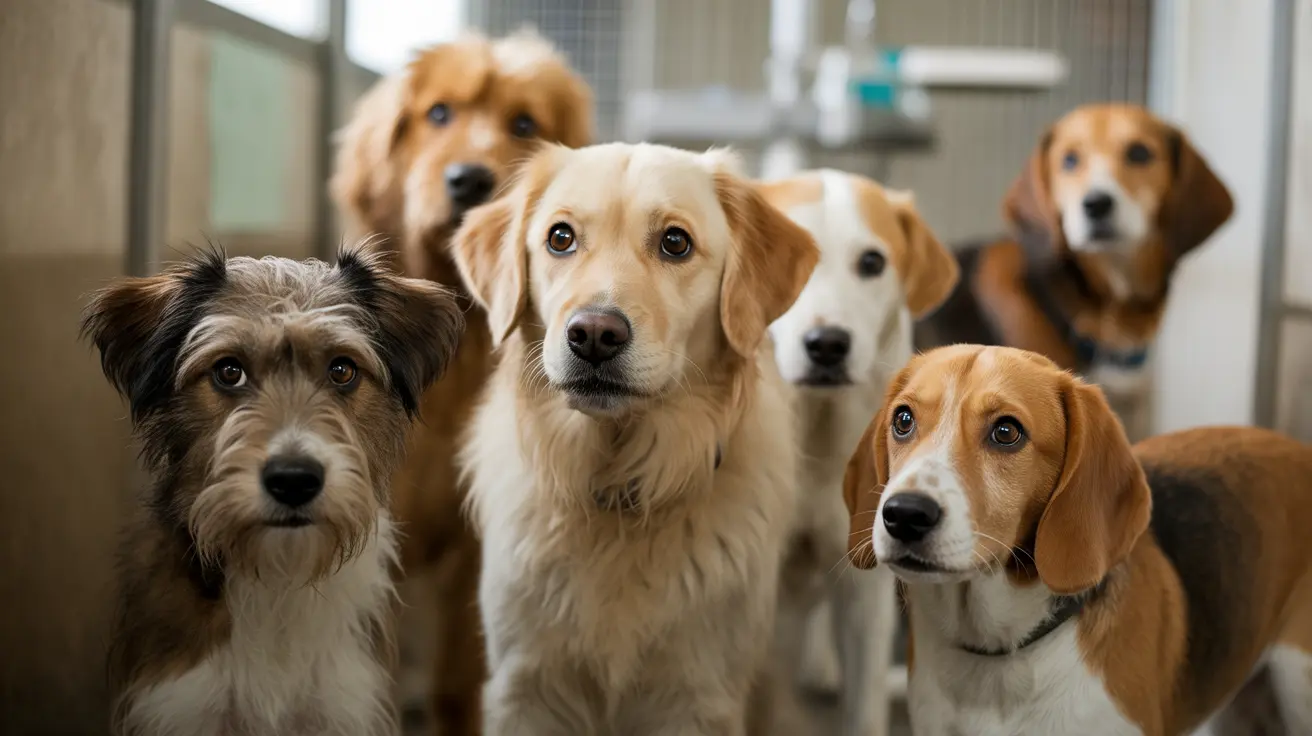Do Dogs Get Offended When You Don’t Let Them Lick You?
For dog owners, licking is a familiar behavior. Whether it’s a warm greeting after a long day at work or a persistent attempt during cuddle time, dogs often use their tongues to express affection. But what happens when you stop this behavior? Do dogs get offended when you don't let them lick you?
Understanding Why Dogs Lick
Before we dive into their emotional responses, it's important to understand why dogs lick in the first place. Dogs lick for various reasons, including:
- Affection: Licking is a way dogs show love and bond with their human companions.
- Communication: Dogs may be trying to get your attention or communicate something specific.
- Taste: Human skin can be salty and intriguing to dogs.
- Grooming instinct: Licking helps dogs keep themselves and their close companions clean.
Do Dogs Feel Offended?
Unlike humans, dogs don't experience emotions like offense or resentment in a complex, cognitive way. They live much more in the moment. However, they are deeply emotional creatures and can feel confusion, rejection, or even sadness if a bonding activity is suddenly cut off.
So, when you stop your dog from licking you, they likely don’t think, “Wow, I’m offended,” but they may react to the change in the interaction. Especially if licking is part of their affectionate routine, being stopped could feel a bit unsettling to them.
Signs Your Dog Might Feel Upset
While dogs don’t get “offended,” they may show signs of being upset or confused. These can include:
- Pulling away or avoiding interaction
- Whining or whimpering
- Restlessness or pacing
- Lowered ears or tail
- Increased attempts to lick elsewhere
These behaviors reflect a shift in emotional state more than a perception of offense. They may not understand why the affection was refused, which can lead to stress or insecurity.
Balancing Boundaries and Bonding
If your dog’s licking bothers you — whether due to hygiene, allergies, or personal preference — there are respectful ways to redirect the behavior without compromising your bond.
Tips for Managing Unwanted Licking:- Use positive reinforcement: Reward your dog for alternative behaviors like sitting quietly instead of licking.
- Redirect attention: Offer toys, belly rubs, or verbal praise when they try to lick.
- Stay consistent: Prevent confusion with clear and consistent signals that licking is not desired.
- Don't scold harshly: Negative reactions can damage trust and lead to anxiety.
Why Consistency Matters
Inconsistent responses to licking can confuse dogs. One day allowing it and the next day stopping it sends mixed signals, which can increase anxiety. Dogs thrive on routine and predictable behavior from their humans.
Maintaining Affection Without Licking
Dogs need affection just like humans. If you’re uncomfortable with licking, provide alternate ways to show love:
- Playtime: Engage in their favorite games to boost emotional connection.
- Training sessions: Obedience training can strengthen your bond and reinforce mutual respect.
- Physical touch: Petting, brushing, or gentle massages are great substitutes for licking.
Conclusion: Respecting Each Other’s Preferences
Ultimately, stopping your dog from licking you won’t offend them in a human sense, but it may affect their perception of your bond—especially if licking is their love language. The key is to respectfully redirect the behavior while still maintaining emotional closeness. With positive reinforcement, clear boundaries, and plenty of affection in other forms, you and your dog can enjoy a happy, healthy relationship without wet kisses if that’s your choice.





